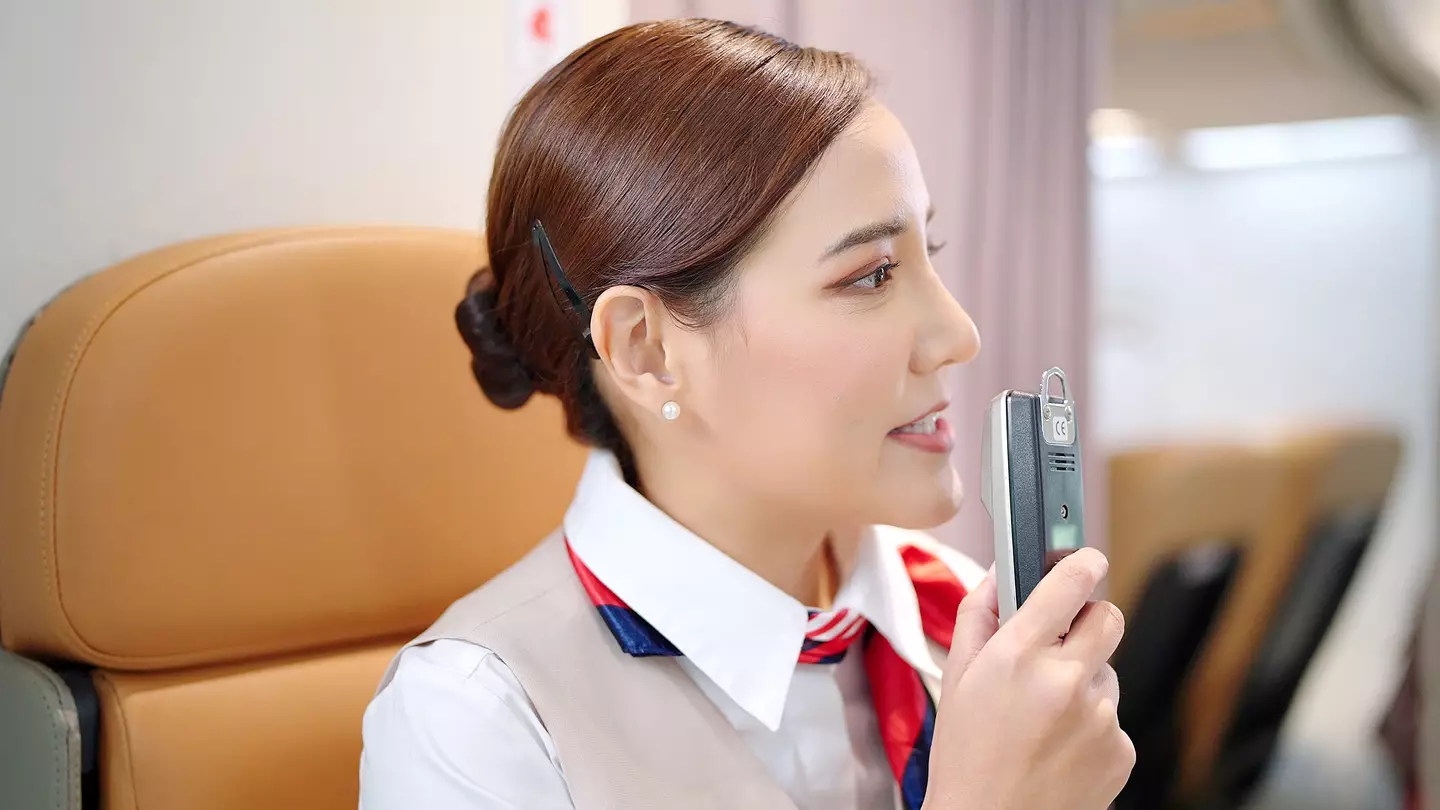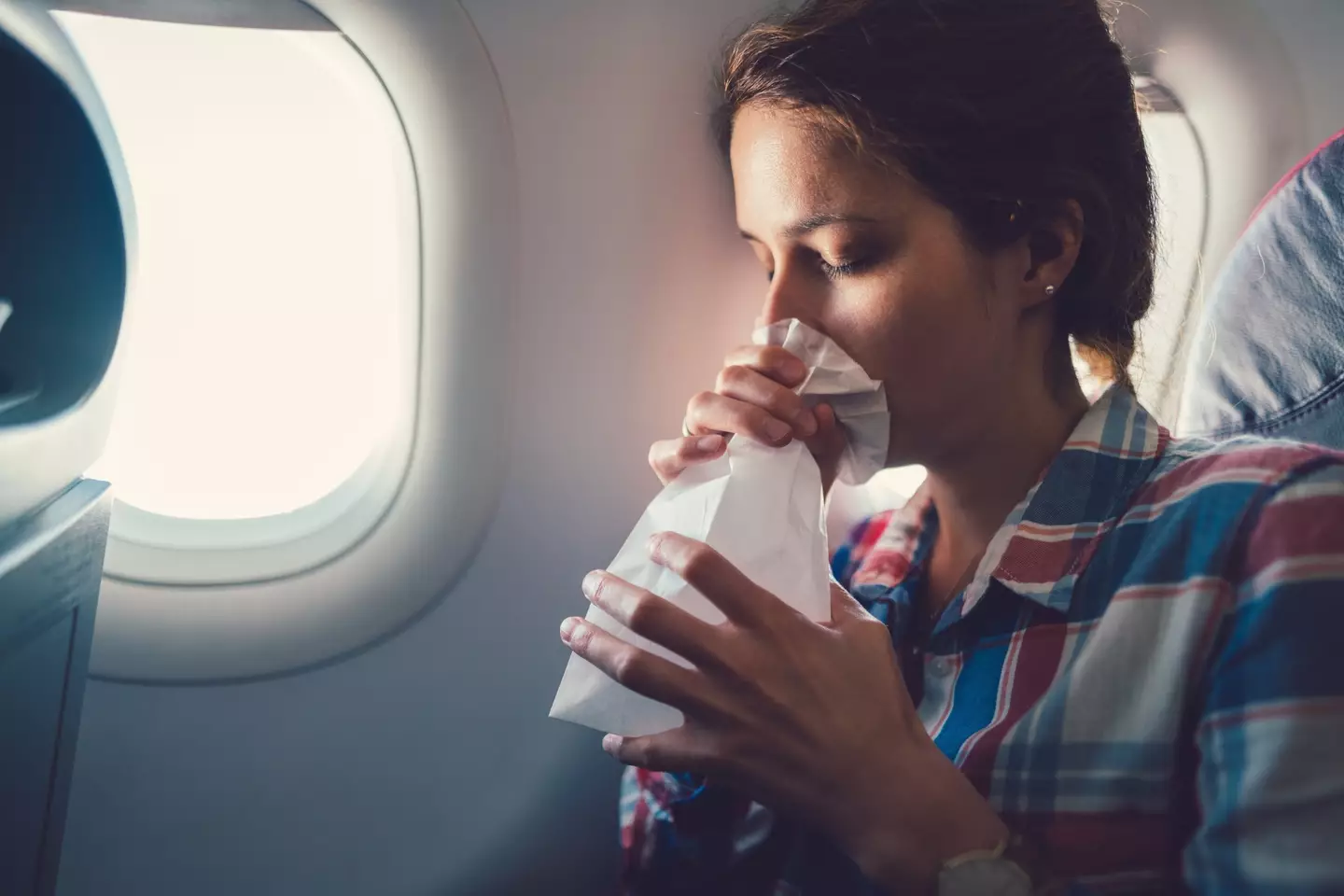
Whatever industry you work in, it's likely you'll have certain lingo that people outside the profession won't understand, that is until now as experts have lifted the lid on some of the codes used by cabin crew.
It's no surprise that those in the travel industry use codes, cabin crew specifically.
There's lots of things you'll see flight attendants do or say that you won't understand — for example why they sit on their hands during takeoff.
Then there's the phrases they say and, while they don't all mean something worrying, there are a few you should be wary of.
Advert
With this in mind, travel experts at Wander have revealed the secret codes flight crews and airport staff use to communicate emergencies... because shouting 'RED ALERT' isn't terribly discreet, is it?
Code 300 and Angel
These are arguably two of the most important phrases to listen out for.
According to the experts, they are used to signal that a passenger has died on board.
The seemingly unrelated codes allow cabin crew to alert one another to the matter without alarming other passengers.
Squawk 7500 or Hotel
Reportedly these mean that a plane hijacking is underway.
"If you ever hear this code mentioned by the flight crew or air traffic control, it signals a potential security threat on the flight," the experts warn.
"The aircraft’s transponder will send a signal with this code to alert authorities that the plane is in danger."

Code Yellow
This phrase is less concerning and means that there's a minor medical emergency onboard.
This could be a passenger feeling lightheaded or sick — a relatable feeling for those who have had one too many beers in the airport beforehand.
Pan-Pan
This is used by flight attendants to signal a 'serious, non-life-threatening emergency'.
Experts say: "While not as critical as a 'MAYDAY', a 'Pan-Pan' call indicates that something is wrong on board, whether it's mechanical trouble or a medical emergency, but the flight is not in imminent danger."

Code Adam
Another important one to listen out for is 'Code Adam' as it means that there's a missing child.
If an announcement is made for a 'Code Adam', staff will begin searching for the child, while securing exits to prevent abduction scenarios.
"This term is derived from the Adam Walsh Child Safety Act," the experts explain.
VIP
While this phrase is typically associated with a 'very important person', this apparently isn't the case with cabin crew.
In fact, it supposedly means 'very irritating person', i.e a passenger who is making excessive demands, complaining frequently or generally being difficult without necessarily violating any rules.